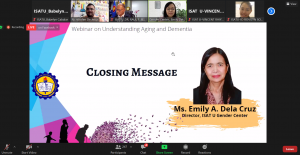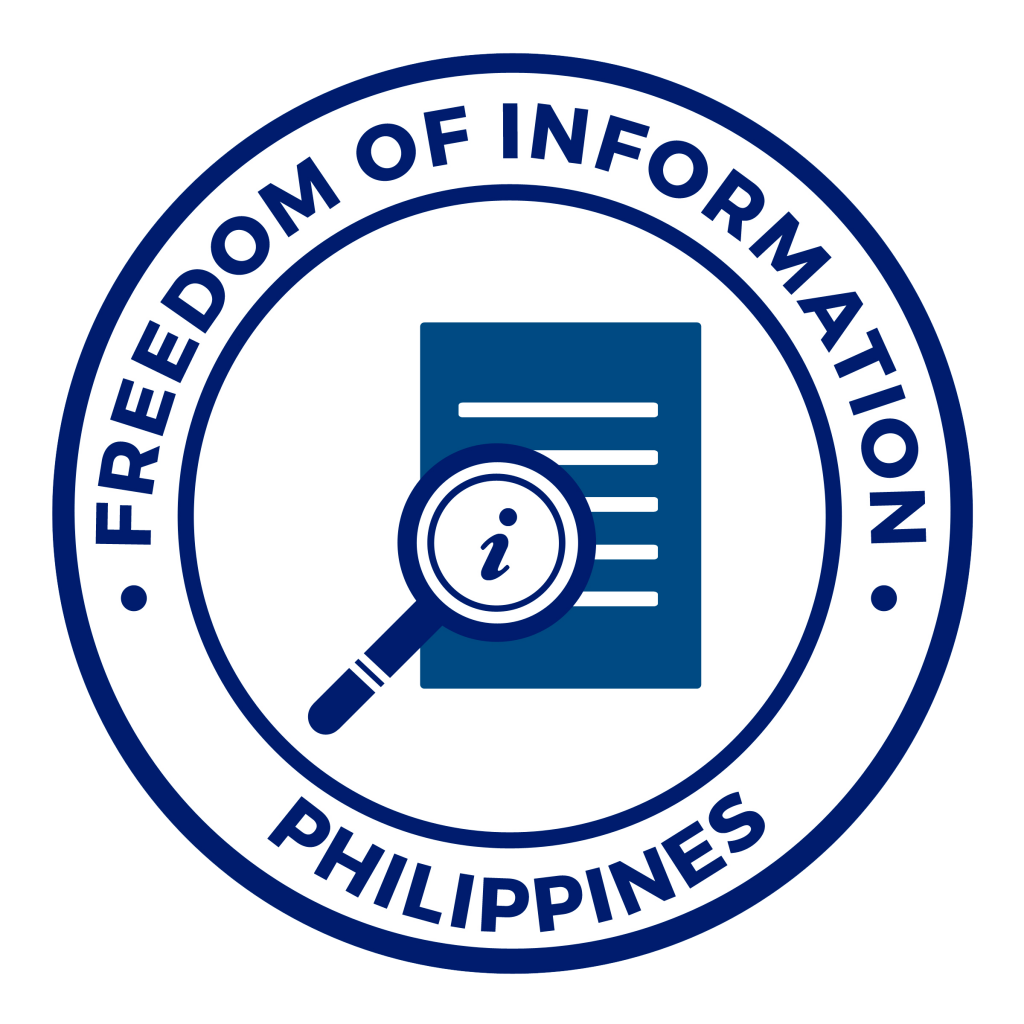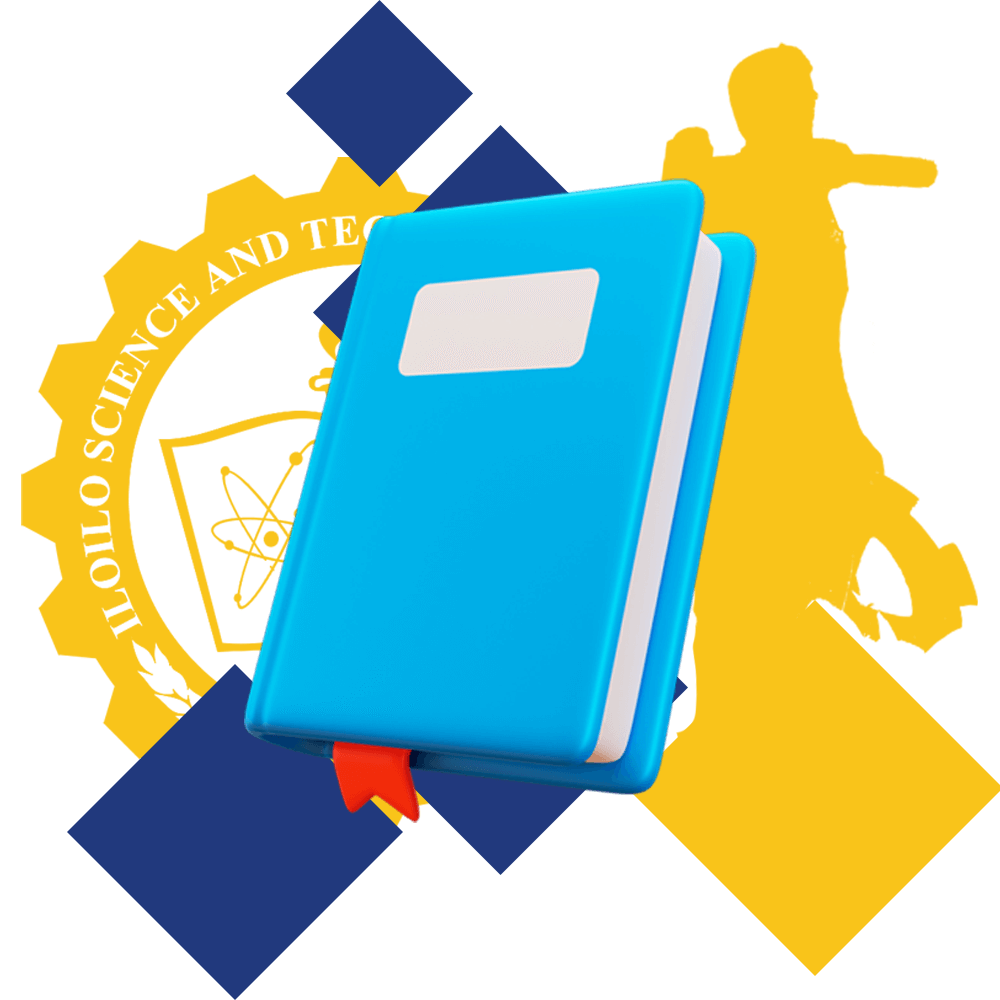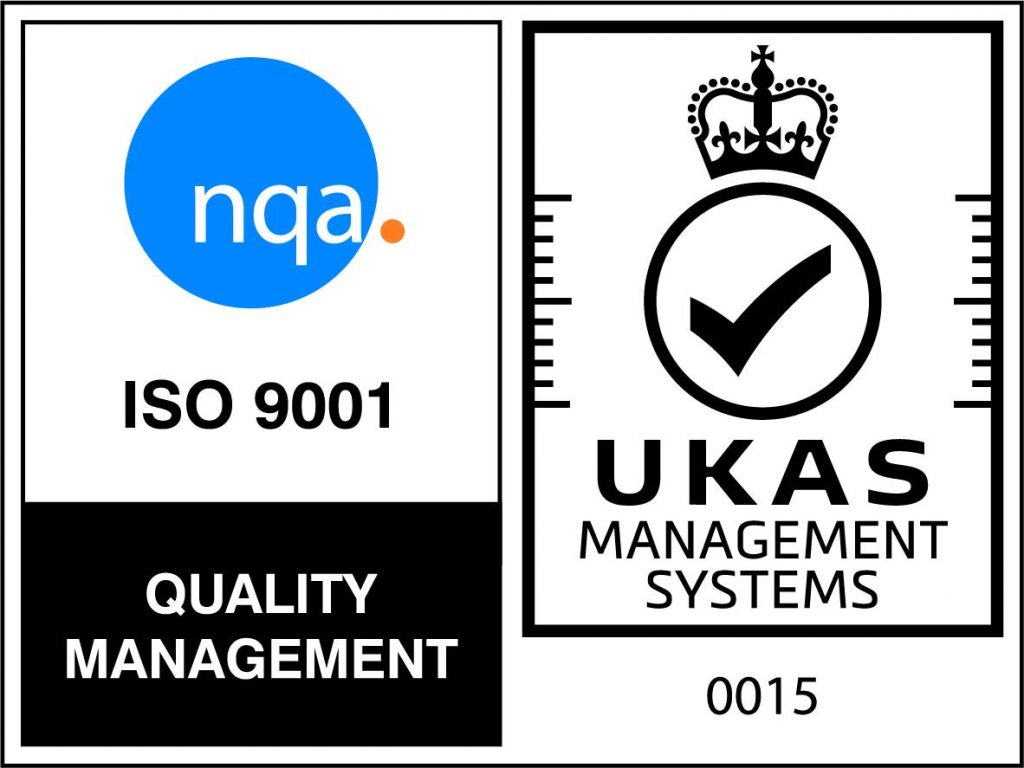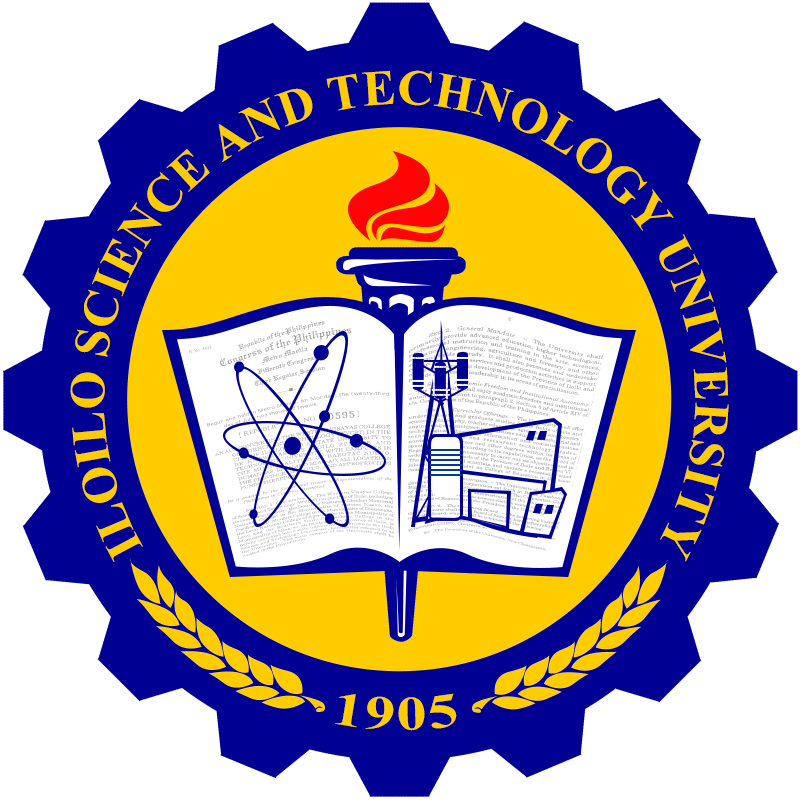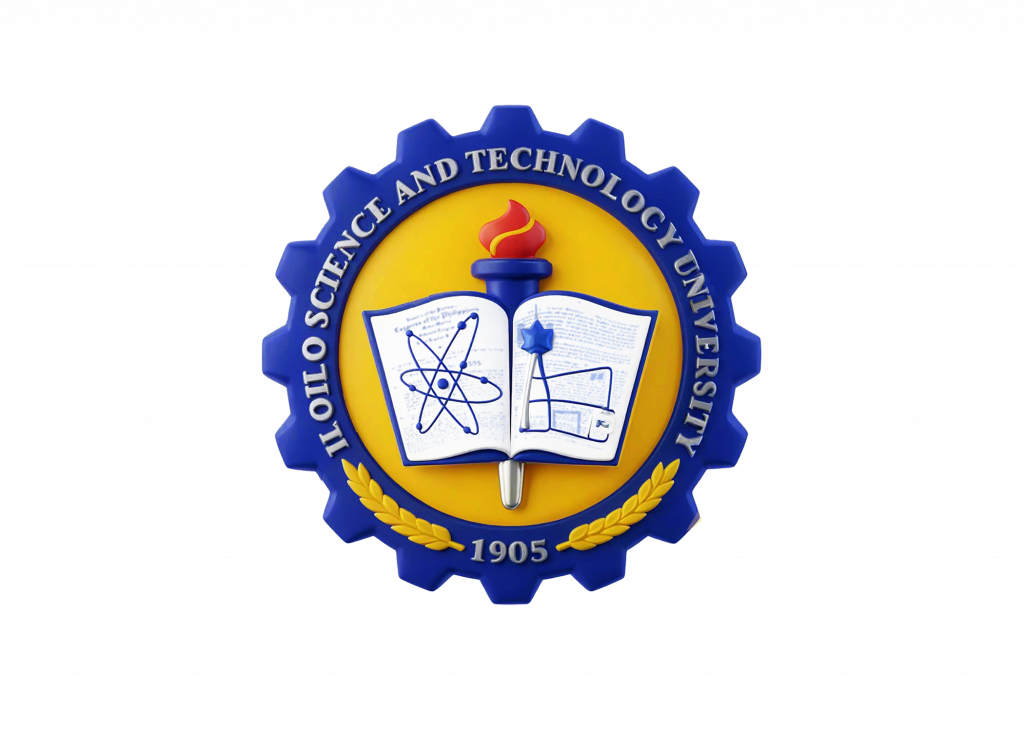He is known for his dehydrator machines. Now, he is into smart hydroponics. Let us get to know the man, the project, and his dedication to science and the community.
“I grew up in the farm and farming is very close to my heart. This is the very reason why I ventured in this kind of project despite the different challenges me and my team encountered along the way.”
PICO: Please tell us more about yourself.
Dr. Renerio S. Mucas: I graduated Bachelor of Science in Industrial Education mayor in Electronics and took up my Master of Industrial Education major in Electronics here in our university. I am a loyalist so to say because my PhD in Educational Management was done here also.
PICO: How did you end up doing developmental research?
Dr. Renerio S. Mucas: It was during our National Budget Circular review that Innovation surfaced as one of my weak points so I challenged myself and focused on research. Also, it was in 2010 when I attended a training in Singapore for 2 months and a half. New technology was introduced and it was basically more on computer controls and my interest in this kind of field grew.
PICO: Many would express that research is a complicated field. What are your thoughts on this?
Dr. Renerio S. Mucas: Research is not that complicated at all. Its only in the mind actually. You will enjoy research because you will learn a lot and it is a continued process. You will discover more and upon discovering more, you will have this driving force to advance your readings and generate more ideas along the way.
PICO: The MUCAS project is quite interesting. What is the inspiration behind this?
Dr. Renerio S. Mucas: Okay, MUCAS or Management of Unified Control and Automated Systems is a one-year project funded by the Department of Science and Technology. My motivation of doing this project is actually to use my knowledge in the control systems in agriculture since I am into electronics. You know, I grew up in the farm and farming is very close to my heart. Nowadays, our farmers are ageing and only a few young people wanted to venture in this kind of hard work. With this MUCAS, I wanted to introduce smart farming to the community. Venturing in high valued crops is another way to improve the way of farming here in the Philippines specifically here in Western Visayas.
PICO: What is the main function of this MUCAS?
Dr. Renerio S. Mucas: I came up with a system, the IoT wherein the water, temperature and nutrients parameters for hydroponics will be controlled automaticallyso that you can assure of the growth and progress of your plants. Traditionally, farm owners tend to their farms through manual and hard labor especially when it comes to monitoring and securing the water and Ph levels of the plants. With this breakthrough, farm owners can now simply program everything and monitor the progress wherever they are for as long as the application is installed in their mobile devices.
PICO: What are the challenges you encountered along the way?
Dr. Renerio S. Mucas: When the unit was already installed in the site, I thought its already good but upon observation and monitoring, the project still needs to be upgraded. Good thing I have my team with me in the persons of Mr. Hilario S. Taberna Jr., Ms. Vanessa Mae D. Supapo who also worked tirelessly to improve and enhance this project.
PICO: Lastly, what is the main ingredient in doing this kind of project and your take away for our young researchers? 
Dr. Renerio S. Mucas: I don’t want the output to be not of a value. I want it to be of use especially in the community. More readings and determination are the key in this kind of work. If possible, I want to perfect my projects but along the way, there’s still a lot of things to be done. Never stop learning and always challenge yourselves to do better.
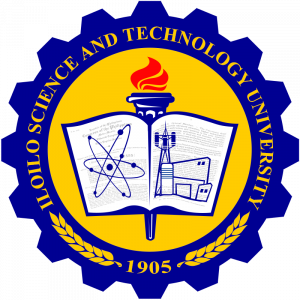

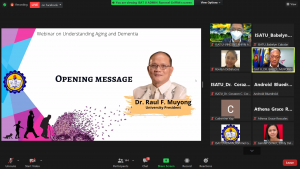
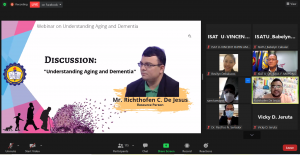 This half-day webinar focused mainly on the society’s view of aging, early signs of dementia and how to handle this kind of condition. A short film based on true story was aired also for better understanding of what is happening to an aging person suffering from dementia.
This half-day webinar focused mainly on the society’s view of aging, early signs of dementia and how to handle this kind of condition. A short film based on true story was aired also for better understanding of what is happening to an aging person suffering from dementia.